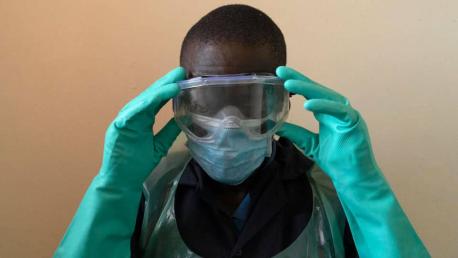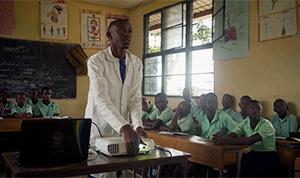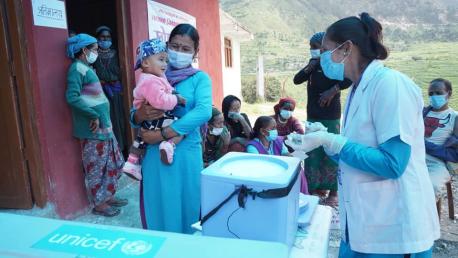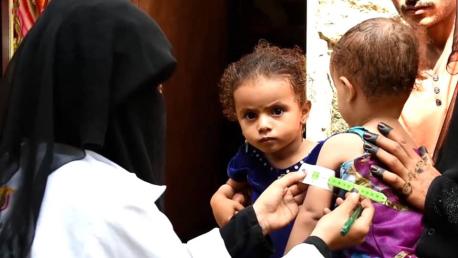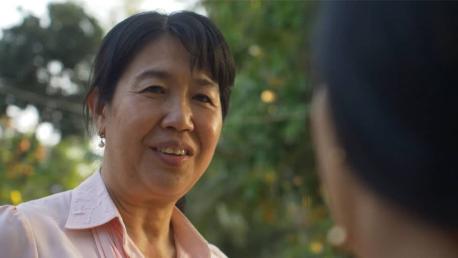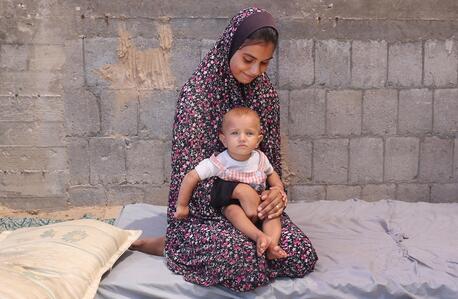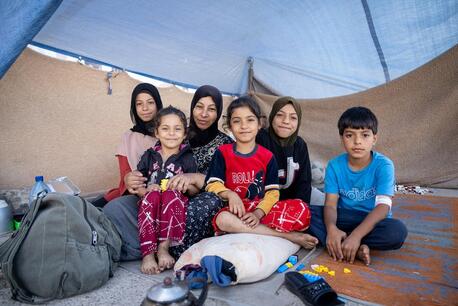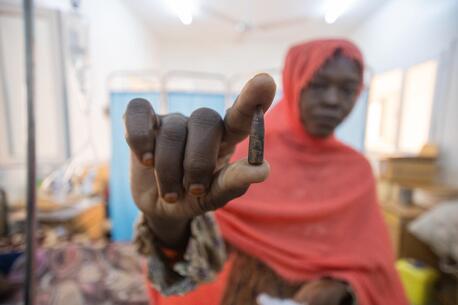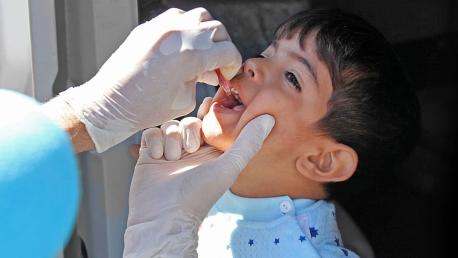
Every Child
Healthy
Every day, UNICEF workers brave war zones, treacherous terrain, disasters and disease to make the world safe for kids. UNICEF has helped reduce child mortality all over the world by working to reach the most vulnerable children with lifesaving support and services.
Kids need UNICEF more than ever:
- Children have a much better chance of surviving today than they did 30 years ago, yet preventable and treatable conditions continue to claim many young lives. In Sub-Saharan Africa, a child is 15 times more likely to die before reaching their 5th birthday than a child born in a high-income country.
- Millions of children continue to miss out on immunizations — leaving them vulnerable to vaccine-preventable disease and communities vulnerable to outbreaks.
- 42 percent of the world's schools lack adequate facilities for students to wash hands with soap and water — an essential practice for safeguarding public health.
- Only 57 percent of children living with HIV are receiving antiretroviral treatment (ART) — even though testing is more widely available and pediatric ART options are cheaper and more effective than ever.
Meet Dr. Anita Dogo, a pediatrician in Benin
Why donate to UNICEF? It's a smart way to make your money go further for children:
- UNICEF is a leader: UNICEF leverages its expertise as the world’s largest vaccine buyer — and vaccinator of 45 percent of the world's children — to strengthen primary care health systems to increase immunization coverage and close immunity gaps.
- UNICEF scales low-cost solutions that work: UNICEF distributes tens of millions of bed nets every year to save children from deadly mosquito-borne diseases.
- UNICEF is an innovator: UNICEF uses chatbots, SMS, interactive voice response and other technologies through multiple channels — including U-Report, RapidPro, Infolines and HealthBuddy — to reach communities in dozens of countries with lifesaving health information.
- UNICEF tackles tough problems: Too many pneumonia cases go untreated or are misdiagnosed because families can’t get adequate, affordable care; UNICEF makes sure that millions of children with suspected pneumonia receive appropriate antibiotics.
- UNICEF works to stop outbreaks before they happen: immunizing displaced and refugee children against measles, polio and other vaccine-preventable diseases is a top priority of UNICEF's response in an emergency.
- UNICEF believes no child should die from something we can prevent: UNICEF provides simple and effective treatments for diarrhea — oral rehydration salts and zinc — to children in their homes and communities.
- UNICEF is committed to an AIDS-free world: UNICEF-supported programs reach millions of adolescents with HIV/AIDS education and prevention services in 35 countries.
